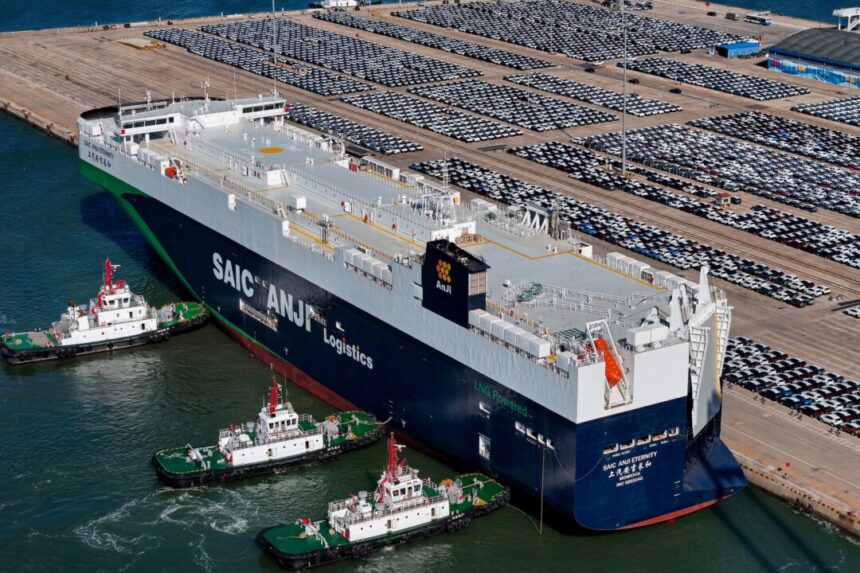Amid global pressure, Beijing is scaling back its involvement in the electric vehicle (EV) project. Companies in the industry are now dependent on local government support, which may not be sustainable in the long run.
Commentary
Several years ago, Beijing placed a significant bet on electric vehicles (EVs) with the aim of achieving global dominance. However, similar to other initiatives in China’s centrally planned economy, the results have been less than ideal.
Due to fierce price competition among numerous EV producers in China and declining demand both domestically and internationally, many manufacturers are facing financial challenges, with some reporting losses despite substantial state backing. As Beijing has withdrawn its support, local governments have stepped in with subsidies to safeguard regional employment and interests established during Beijing’s active involvement in the EV sector. This situation is not sustainable.
Beijing initiated this predicament over five years ago. Chinese authorities, in a bid to dominate the global EV market, provided Chinese buyers and producers with subsidies, tax incentives, procurement contracts, and other forms of support to boost production, creating a market for 13.1 million vehicles, representing 60 percent of global EV ownership. Despite efforts to promote Chinese-made EVs globally, success was limited in the United States, especially as Washington’s stance towards China grew increasingly adversarial. However, Chinese EVs found some success in the European market.
Current trends indicate a decline in global EV sales. Tariffs imposed by Washington on Chinese products, including EVs, components, batteries, and parts, have further dimmed prospects for Chinese EV producers to penetrate the US market. The challenges faced by domestic US EV producers, except Tesla, add to the obstacles for Chinese EV sales in America.
In Europe, where Chinese EV sales were strong, concerns have been raised about China flooding the market with low-priced vehicles, hindering the development of independent European EV production. Consequently, the European Union is considering imposing tariffs of up to 45 percent on Chinese EV imports, thwarting any immediate plans for Chinese producers to boost sales in Europe.
Beijing, already grappling with overcapacities in various sectors of its economy, has reduced its support for the EV industry by almost 66 percent from 2018 levels, totaling around $230 billion in subsidies and assistance. This shift should ideally lead to industry consolidation, with weaker firms exiting the market, but local governments are keeping struggling companies afloat, prolonging the problem.
Some regions like Shanghai, Shenzhen, and Changping are offering rebates to EV buyers and direct support to producers in a bid to maintain high-income workforces associated with EV production. However, these local governments are facing financial constraints and may struggle to sustain unprofitable companies in the absence of a significant sales uptick.
The involvement of local governments in the EV industry, including investments and financial support, poses challenges as the industry faces uncertainties. Ultimately, there will be a need for consolidation, leading to potential losses for private investors and local governments. This situation could hinder China’s economic recovery.
Views expressed in this article are opinions of the author and do not necessarily reflect the views of The Epoch Times.
Could you please rephrase that?
Source link




